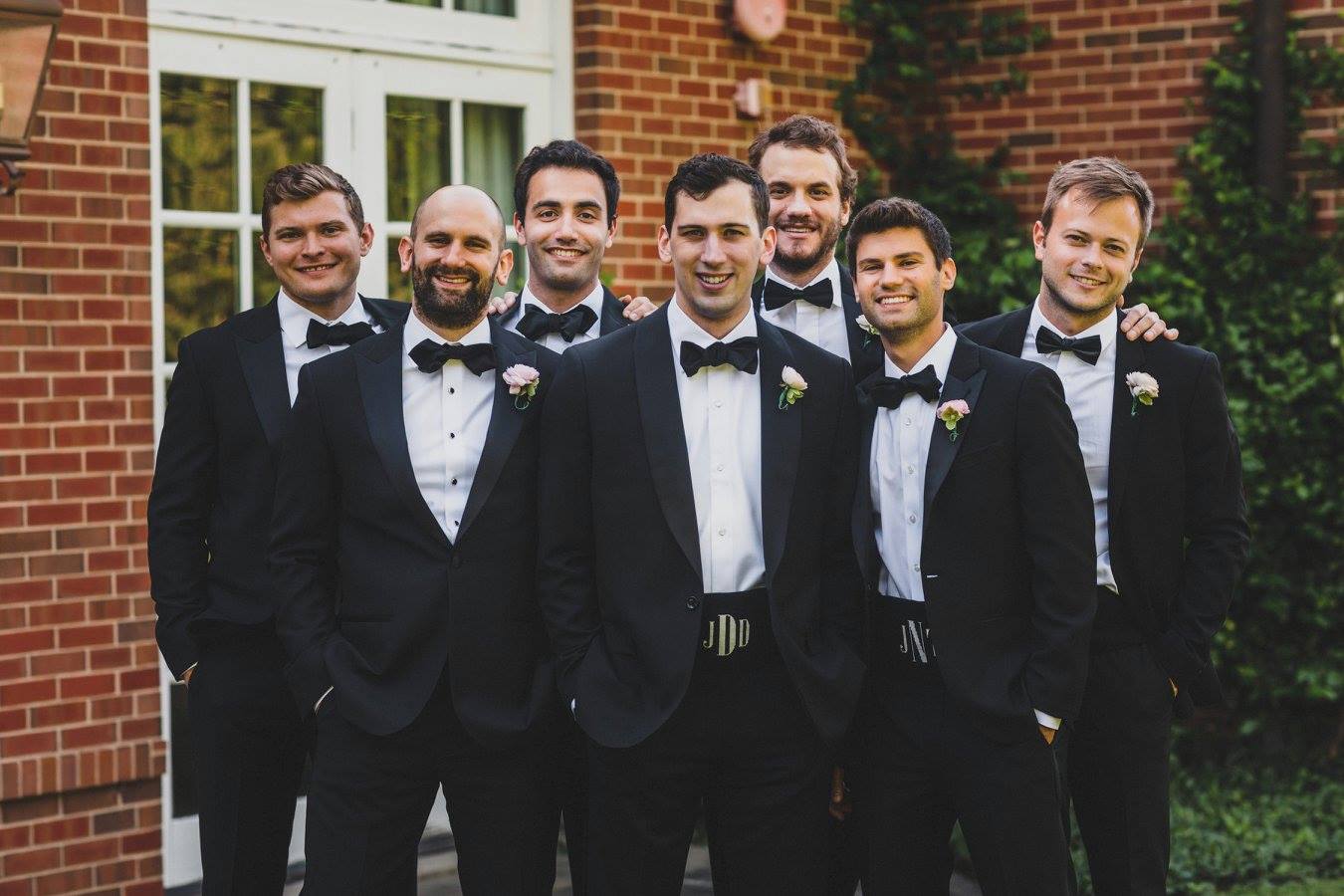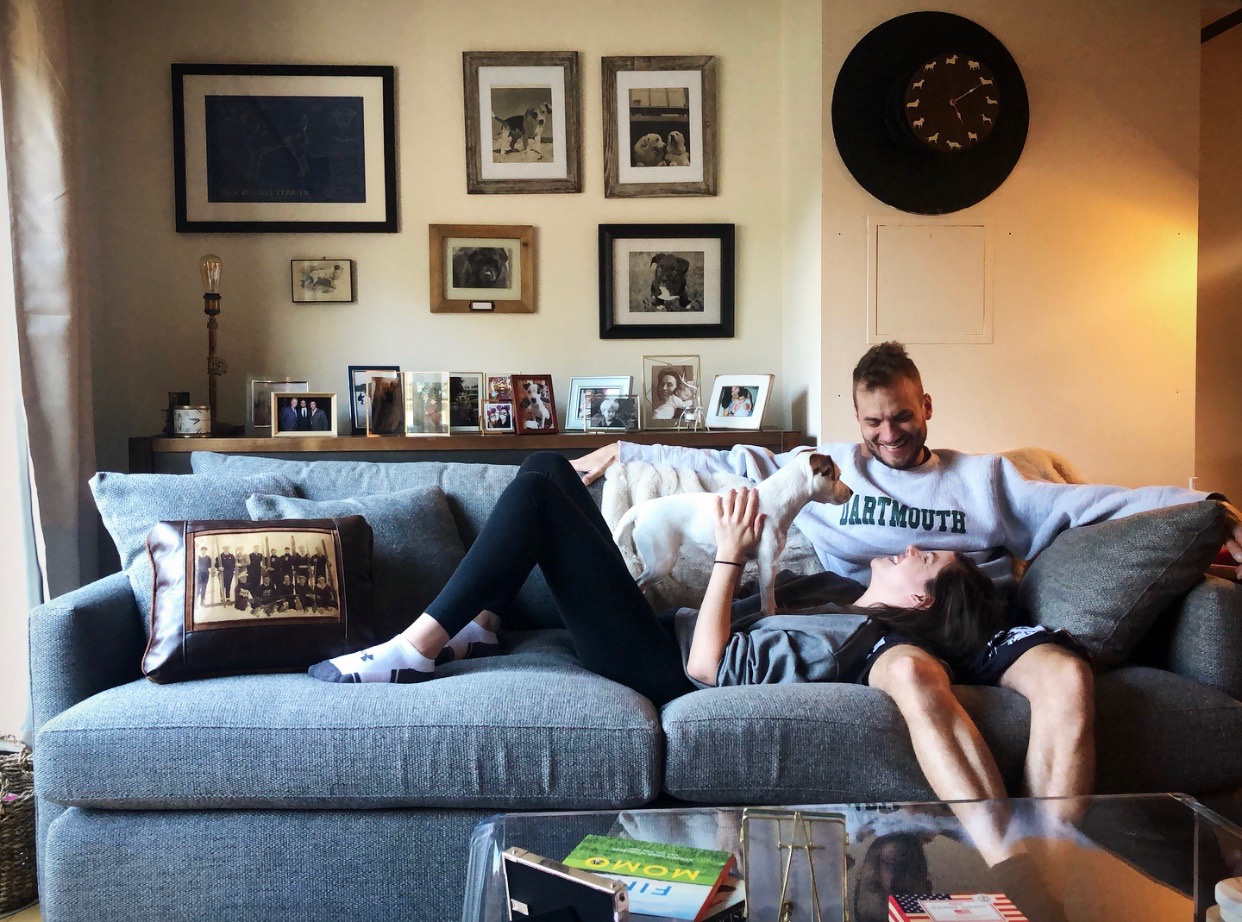A quick little post today. I want to try and get into the daily blog game, so I guess here’s an attempt at that.
“Invisible illness” is a phrase that we throw around quite a bit in the CF world (also something we’ve talked about on the podcast), and to be totally honest, it’s not a phrase that I love. The saying really defines itself… cystic fibrosis is something that you can’t see if you are looking at a “healthy” patient. I put “healthy” in quotes because none of us really hit that designation on the head.
For example, if you take a look at me walking down the street, nothing would appear to be amiss. I don’t need supplemental oxygen, I am taller than most people and I don’t appear to be struggling to bring air in or force air out.
To a stranger, the only thing that may indicate that I am “sick” is my feeding tube, and you’d really only see that if I had my shirt off.
I don’t love the term, “invisible illness,” because I think it draws attention to a place that doesn’t necessarily need it, which I think is an unintended consequence of the phrase. I don’t seek empathy from the outside world simply because I have to do a couple hours of treatments every day, or because I feel sick a lot more frequently than the average person. To that point, I don’t think anyone with CF expects empathy from others. We all live our lives on our own terms – for us with CF, we choose whether or not we want to fight back against the disease. It’s our struggle that we have to live with, just like everyone else out there who has his or her own problems to overcome. My point is that everyone has an invisible “something” that he or she must live with.
Why must we classify something as an invisible illness?
I’m writing this because today I saw a photo from a good friend of mine’s wedding that I think shows what an invisible illness truly is (the main photo up top).
I had the privilege of being a groomsman, in what was without a doubt the happiest day of my friend’s life, but unbeknownst to 98% of the people at the wedding (including quite a few people who had just graduated from medical school), I was actually pretty sick. I had an active pulmonary exacerbation, a PICC line in my arm for IV antibiotics and I probably hadn’t slept more than a couple hours a night for the week leading up to the wedding.

Between the infection, horrendous toxicity of the medications, lack of sleep and travel halfway across the country, I needed a nap on the dance floor.
I am not trying to impress anyone with this story (nor am I trying to inspire anyone, because I’m not sure I made a medically conscious decision that weekend) because in the grand scheme of things I turned out fine. My health has obviously recovered. Rather I’m hoping to share what it’s like to live with CF, and I think the way the “invisible illness” negatively impacts the way we approach life, and that is through the schism which exists between someone who is chronically ill and someone who is not. We make decisions that influence the quality of our lives when we deal with CF in a way that people do not see. To an extent, I put my health in jeopardy (very low risk), but I wouldn’t have missed that wedding for anything in the world – you could have wheeled me into that country club on a hospital bed – no one else was taking as risk by attending. The vast majority of the people at the wedding had no idea what I was dealing with, and I’m not sure I would have preferred it any other way.
In that way, my invisible illness was shinning very brightly. We may look fine on the outside, but underneath the skin we are dealing with something that is almost unimaginable.





